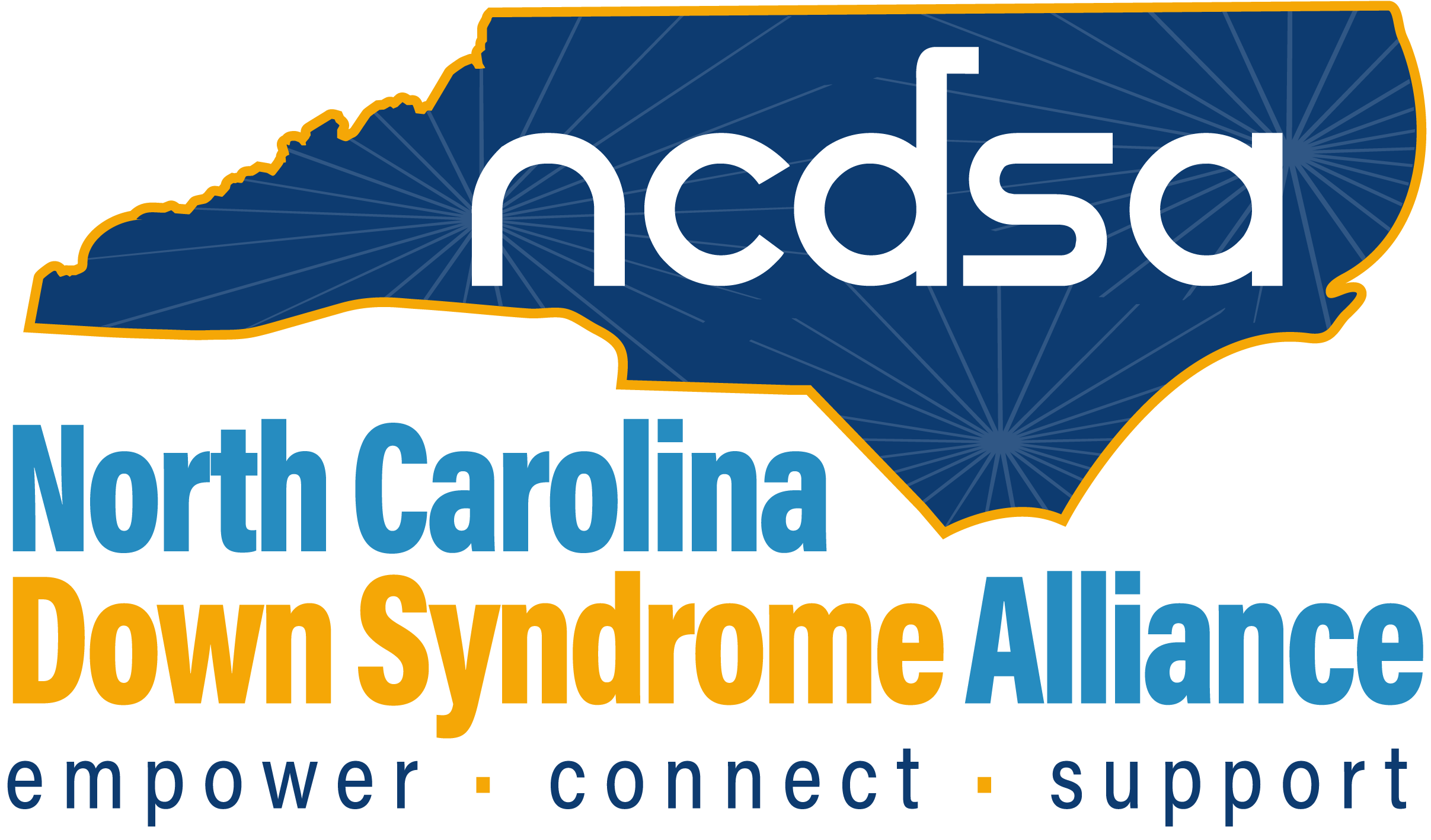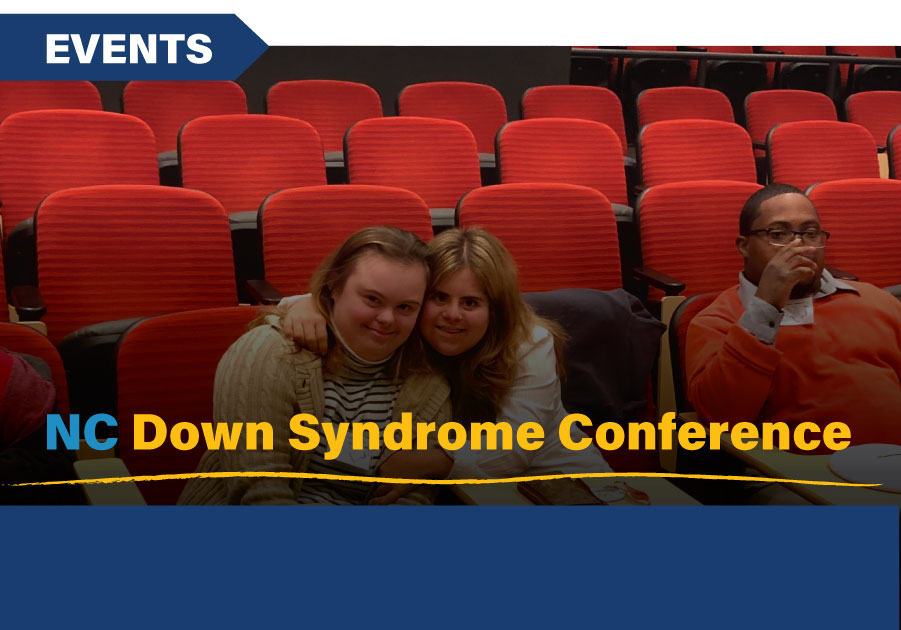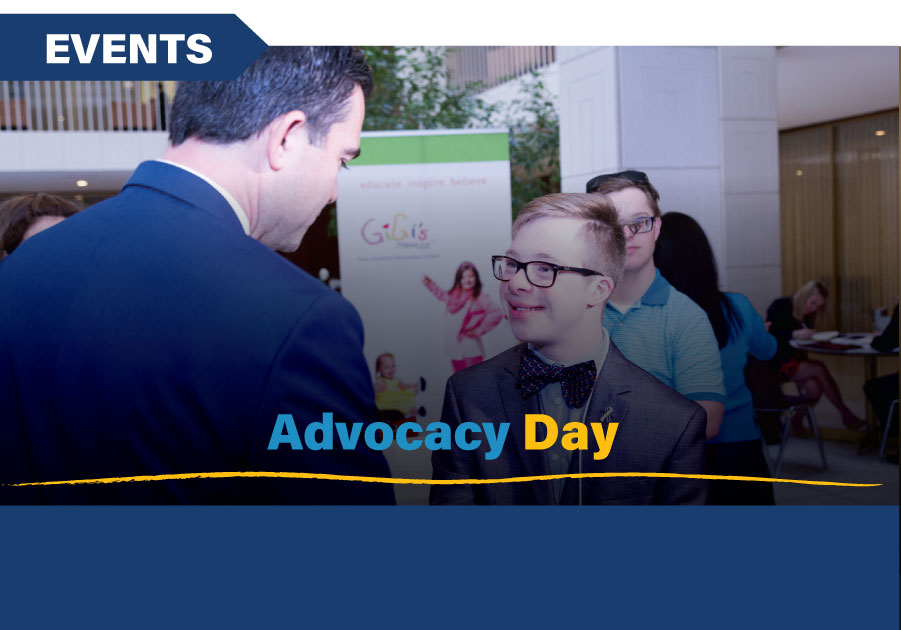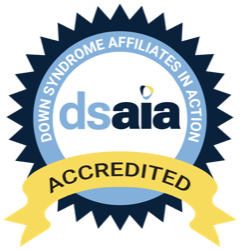K-12 Educators
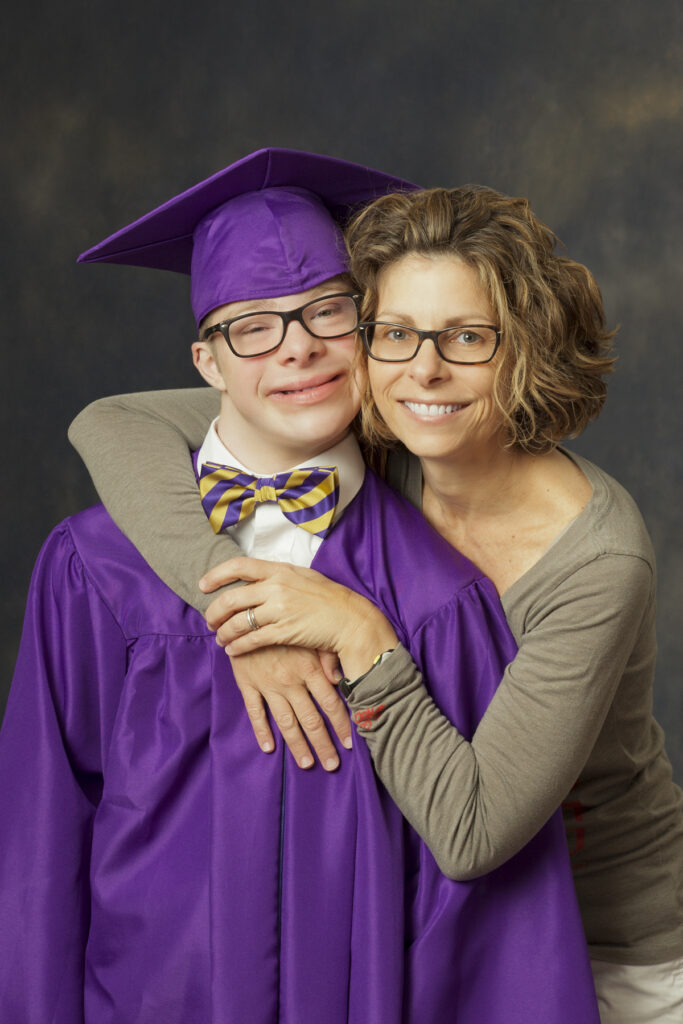 The North Carolina Down Syndrome Alliance is dedicated to providing accurate information, resources and materials to help educators understand best practices for teaching students with Down syndrome in an inclusive classroom. The NCDSA is committed to supporting education through our North Carolina Statewide Conference on Down syndrome for Educators.
The North Carolina Down Syndrome Alliance is dedicated to providing accurate information, resources and materials to help educators understand best practices for teaching students with Down syndrome in an inclusive classroom. The NCDSA is committed to supporting education through our North Carolina Statewide Conference on Down syndrome for Educators.
Our goal is to help provide teachers, administrators, and support staff with the tools they require to meet the individual learning needs of students with Down syndrome.
Disabilities or Abilities?
As you prepare to teach your student/s with Down syndrome, we encourage you to focus on your student’s abilities and not their disabilities. In addition to getting to know your student/s, you should also be sure to:
- Understand how to support children with Down syndrome in primary school and the “typical” learning profile of a student with Down syndrome. See this document for more information.
- Appreciate parental input and routinely involve and communicate with them
- Collaborate with IEP team members
- Evaluate student progress regularly and modify accordingly
- Utilize up-to-date research based on best practices
- Seek ongoing professional development.
- Value the benefits of an inclusive classroom
The Benefits of an Inclusive Classroom
Although significant strides have been made in the past few decades in areas of health, education, and public perception of people with Down syndrome, many misperceptions still exist. For some, this has a direct impact upon the educational programming that some school districts propose for students, based upon their diagnosis, rather than their individual profile of specific strengths and weaknesses. Even though people with Down syndrome are as multi-faceted as everyone else, these stereotypes or preconceived notions can limit opportunities for people with Down syndrome to live up to their full potential.
There are many reasons we, as a society, make these generalizations. In the 1940’s, Dr. Spock recommended institutionalization for babies born with Down syndrome. They were considered “uneducable” and their lives were spent inside an institutionalized setting without access to education or the outside world. That fact, coupled with the fact that Down syndrome is a low-incidence disability, and the mortality rate as recently as the 1980’s was only 25 years of age, has shaped some of society’s outdated generalizations and expectations. Thanks to remarkable advances in medicine the new life expectancy is 60 years of age. This has allowed for researchers to delve deeper into the role that the extra 21st chromosome has on lifelong development.
In addition, new advances in Down syndrome research has uncovered a great deal about how individuals with Down syndrome process information and learn. We know that students with Down syndrome have cognitive strengths that can support them in a general education classroom setting. Few people are aware that most children with Down syndrome are strong visual learners, and, with targeted instruction, have the capacity to learn to read whole words as young as 3 years old. This early acquisition of printed text supports language and vocabulary development, which is an area of vulnerability for students with this cognitive profile.
Extensive research has shown that students with Down syndrome are globally more successful as adults when they are included in an educational setting with their typical peers as children, as opposed to those who were educated in a setting with students with similar academic, functional, linguistic and behavioral challenges. In addition, there are numerous documented social and academic benefits for children without disabilities who are taught in classrooms designed to meet the needs of diverse learners.
Instead, we should focus on the fact that students with Down syndrome require opportunities to work alongside their peers in the grade-level curriculum at their access point. These inclusion experiences will provide students with the experiences that they will need to live and work as independently as possible in their communities as adults.
In today’s society, it is imperative that all schools are designed for successful inclusion. With high stakes testing and rigorous achievement standards, educators are challenged with making the curriculum accessible to all their students. BUT it is important to know that a successful inclusive school is not defined by its ability to modify the Common Core Curriculum. It is defined by how it welcomes and accepts all students as equals, despite the various strengths and challenges that each child has. A school or program is inclusive when it looks at each child as a unique individual and does not allow a diagnosis or test score to define who this child is, or what role they will play in relation to other student’s social and emotional development. Inclusivity is defined by how openly a school celebrates each individual child for their individual successes, even if those successes look different from their peers.
As a state-wide advocacy organization, we are working towards supporting communities develop a greater understanding about the potential of individuals with Down syndrome and other cognitive disabilities. A wonderful place to start this education is within the schools. It is important to develop classroom communities where we view every child as a valuable, contributing member. In addition to supporting all students, we are also fostering a community of future leaders who will view individuals with disabilities as positive, contributing members of society.
The NCDSA is committed to sharing and bringing together resources to continuously expand and educate ourselves and our community about Down syndrome. We have an extensive lending library of books and resources that can be checked out by families and educators. Please contact info@ncdsalliance.org for more details.
